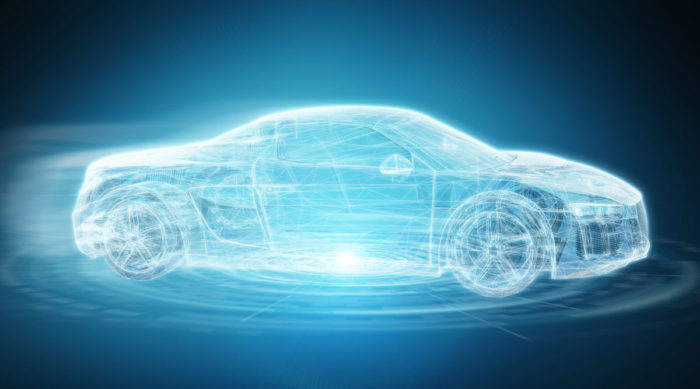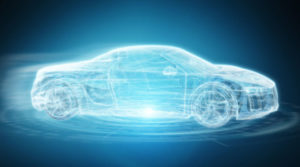
By 2025, some 8 million consumer vehicles shipping from manufacturers will feature Level 3 and 4 technologies, where drivers are still necessary but able to completely shift safety-critical functions to the vehicle under certain conditions, and Level 5 technology, where no driver will be required at all. (Source: ABI Research)
Article by Kevin Hattori, published on American Technion Society on May 30, 2019.
 The Technion is helping drive the development of the autonomous vehicles coming down the road in many ways.
The Technion is helping drive the development of the autonomous vehicles coming down the road in many ways.
The race to develop truly autonomous automobiles is in high gear, and car manufacturers around the globe are looking at Israel for the advances and brainpower that will help make those dreams a reality. And in a proof point of the Technion’s influence on Israeli industry, its researchers and alumni are right in the middle of autonomous vehicle-related partnerships with American, German, Japanese, and Korean car manufacturers. The collaborations don’t stop with the cars themselves, either. An automotive cybersecurity company led by a Technion alumnus is currently working with a Michigan-based company to create a holistic cybersecurity solution for connected and autonomous vehicles.
Toyota recently announced plans to commercially market an autonomous car in 2020 under its Lexus brand. It will have Level 4 autonomy, which means it will be able to drive independently, but only on specific routes and in specific conditions. The advancement is possible because of Toyota’s collaboration with AI vision company Cortica. Founded in 2007 by Professor Yehoshua (Josh) Zeevi and doctoral graduates Igal Raichelgauz and Karina Ordinaev, Cortica is based on brain research conducted at the Technion. An alumnus, Prof. Zeevi is a member of the Andrew and Erna Viterbi Faculty of Electrical Engineering, and holds the Barbara and Norman Seiden Chair in Computer Science.
Innoviz Technologies of Israel is supplying its solid-state Lidar, short for light detection and ranging, sensing to the BMW Group for its autonomous vehicle production platforms. Innoviz Co-founders Zohar Zisapel and Oren Rozenzweig are Technion alumni. The solid-state high-resolution technology enables autonomous vehicles to sense their surroundings even at long distances, in varying weather and light conditions, and in multi-LiDAR environments.
The benefits of the collaboration between Hyundai, the Technion and Korea’s Advanced Institute of Science and Technology on artificial intelligence, autonomous driving, and cyber security are multi-fold. In addition to helping automotive firms and startups in Israel launch their products with Hyundai’s vehicle product line, the alliance will also help Hyundai Motors establish itself as a leader in automotive robotics market.
In a partnership with Volkswagen and Champion Motors, Israeli startup Mobileye plans to bring autonomous electric vehicle taxi service to Israel in 2019. Mobileye’s research and development is headed by Technion alumnus Dr. Gaby Hayon.
Ford is developing a decision-making system in Israel for driving autonomous cars. Such a system is a critical challenge in the development of driverless cars, since difficult decisions must be made within a fraction of a second in a car surrounded by moving traffic. Professor Shie Mannor, of the Andrew and Erna Viterbi Faculty of Electrical Engineering at the Technion, will lead Ford’s new activity. He is also the head of the Technion and Intel Corporation’s new Center for Artificial Intelligence.
SafeRide, an Israeli automotive cybersecurity company, has formed a strategic partnership with Irdeto of Michigan to provide original equipment manufacturers (OEMs) and tier-1 suppliers with a holistic cybersecurity solution for connected and autonomous vehicles. Saferide CEO Yossi Vardi is a Technion alumnus.
The car of the future may be available at your local dealership sooner than you think. Autonomous vehicles, once a notion of pure fiction, will soon to be a reality and part of everyday life. Just as breakthroughs like seat belts, anti lock brakes, and self-parking capabilities irreversibly changed automobiles and our experience of them, autonomous cars will revolutionize how we drive, live, and travel.
